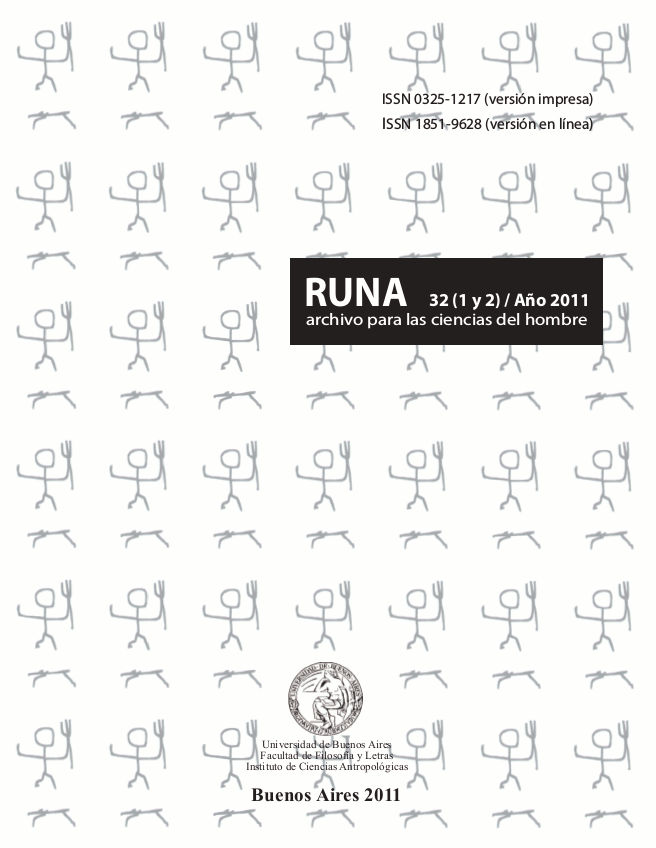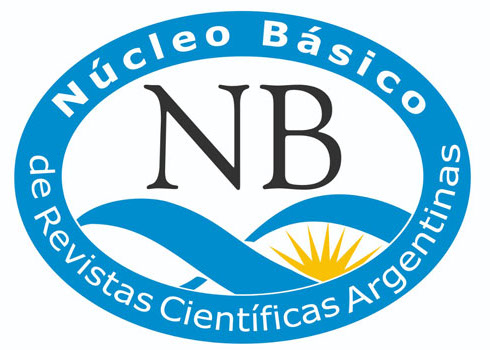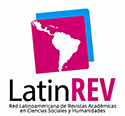Terrorized Ayoreo. A revision of the concept of puyák in Bórmida and rereading Sebag
Abstract
This paper presents a revision of a particular characterization of the Ayore Indians from northern Chaco. The general description made by Bórmida and his research team has been severely criticized by other authors. His well known picture of the Ayorean as a “culture of fear and death” is based primarily on the concept of puyák (‘forbidden') and its alleged overwhelming presence. In this paper we analyze this idea and its consequences in everyday life, taking into account our fieldwork experience. We also consider Lucien Sebag, another anthropologist who did research among the Ayore and who portrays a very different perspective. We compare Sebag and Bórmida —each of which present a very different picture of the ayorean everyday life- and we point out which of their ideas we believe are more useful to understand the thought and everyday life of these people of northern Chaco.Downloads

Runa, archivos para las ciencias is a publication of the Instituto de Ciencias Antropológicas, Facultad de Filosofía y Letras, Universidad de Buenos Aires and is distributed under a Creative Commons Attribution 4.0 International License.
Runa maintains its commitment to the policies of Open Access to scientific information, considering that both scientific publications and publicly funded research should circulate on the Internet freely, free of charge and without restrictions.
The contents and opinions expressed in published articles are the sole responsibility of their authors.



















